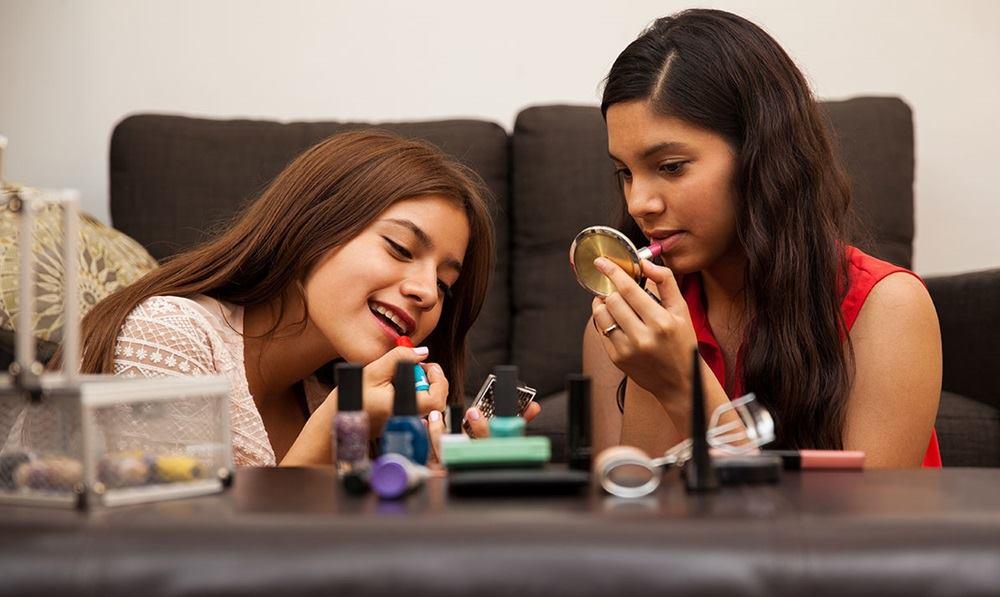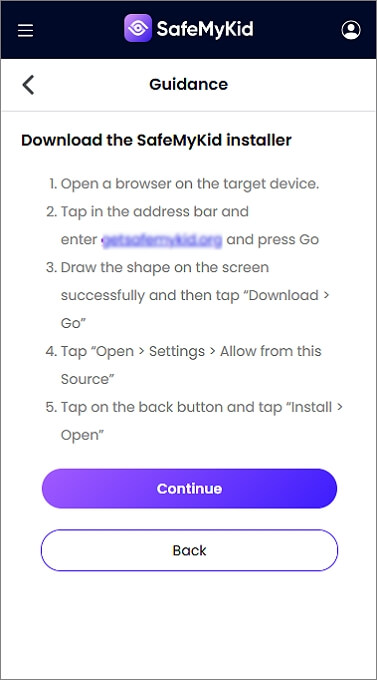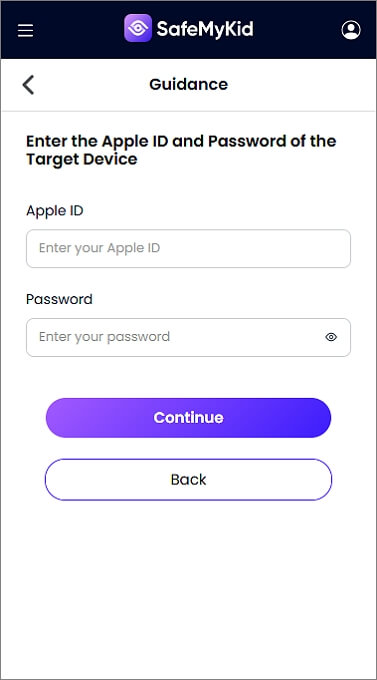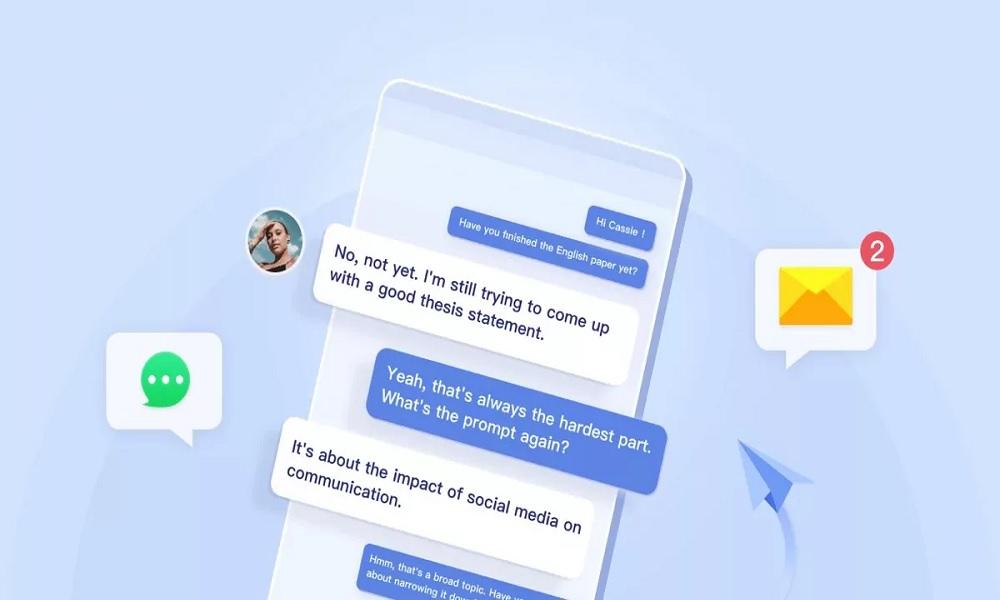Signs of Cheaters’ Guilt: 7 Warning Signs You Need to Know

Ever had that gut feeling that something isn’t right in your relationship? Maybe your partner is acting distant, or even showering you with affection. These could all be signs of cheaters’ guilt.
In this article, we’ll explore 7 clear signs of cheaters’ guilt, and how to uncover the truth to help you confirm suspicions and provide real proof.

Why Do People Cheat?
Cheating happens for many reasons. While every situation is different, there are some common patterns behind why people stray from their relationships. Understanding these motivations can give insight into a cheater’s guilty behavior.

- Lack of Emotional or Physical Fulfillment
- Thrill-seeking or Opportunity-Based Cheating
- Revenge or Payback Cheating
- Low Self-Esteem or Personal Issues
- Commitment Issues or Fear of Intimacy
- Situational Factors & External Influences
Many people cheat because they feel neglected in their current relationship. If emotional needs aren’t met, they might seek comfort elsewhere. Likewise, a lack of physical intimacy can push some toward infidelity.
For some, it’s not about unhappiness—it’s about the thrill of secrecy. The excitement of sneaking around can be addictive, and they may cheat simply because they have the opportunity to do so.
Cheating can also be used as a form of retaliation. If someone feels hurt, betrayed, or taken for granted, they might cheat as a way to get even with their partner.
Some people cheat because they crave validation. They might have self-worth issues and seek attention or admiration outside of their relationship to feel better about themselves.
People with a fear of commitment often self-sabotage their relationships. They might cheat to create emotional distance or because they struggle with long-term monogamy.
Sometimes, cheating isn’t planned. Factors like alcohol, peer pressure, work relationships, or long-distance dynamics can create opportunities for infidelity.
While the reasons vary, one thing remains constant—guilt follows infidelity. Let’s explore the clear signs of cheaters’ guilt that you should watch out for.
Why Do Cheaters Feel Guilty After Cheating?

Cheaters may feel guilt for various reasons, often tied to their values, emotions, or fear of consequences. Here are some key reasons why guilt surfaces after infidelity:
- Emotional Attachment to Their Partner – Many cheaters still care about their primary relationship and feel remorse for betraying their loved one.
- Fear of Being Caught – Guilt may stem from the anxiety of getting exposed and dealing with the aftermath.
- Violation of Personal Morals – Some people cheat in a moment of weakness but later struggle with guilt because their actions conflict with their beliefs.
- Seeing Their Partner’s Trust & Love – Witnessing a partner’s kindness and trust after cheating can intensify feelings of guilt.
- Social & Religious Conditioning – Cultural, religious, or societal values can make a cheater feel immense guilt, even if their actions remain hidden.
- Regret for Temporary Pleasure – Once the excitement fades, many cheaters realize they risked a meaningful relationship for a fleeting moment.
Guilt doesn’t always stop someone from cheating, but it often affects their behavior—leading to defensiveness, overcompensation, or emotional withdrawal.
7 Clear Signs of Cheaters’ Guilt
Cheaters often struggle with guilt, which manifests in noticeable behavioral changes. If you suspect your partner may be hiding something, watch for these common signs of cheaters’ guilt.
1. Increased Defensiveness and Overreaction

A guilty cheater often becomes extremely defensive when questioned. When people have something to hide, they overreact to even the simplest questions.
For example, if you casually ask, "Where were you last night?", and they snap back with "Why are you always accusing me?", this defensive behavior might be a red flag. They fear getting caught, so they try to shut down the conversation quickly.
2. Sudden Changes in Affection

A guilty partner may become overly affectionate or emotionally distant. If your partner is suddenly acting differently, it could be a sign of guilt.
- Some cheaters become extra-loving to overcompensate for their infidelity. They might buy you gifts, compliment you more, or initiate intimacy more frequently to ease their guilt.
- Others go in the opposite direction and withdraw emotionally because they feel disconnected from you.
A drastic shift in behavior—either way—could be a warning sign.
3. Unexplained Mood Swings

Guilt causes emotional instability, leading to unpredictable mood changes. A cheating partner may experience stress, anxiety, or guilt, making them behave erratically.
Give them one moment, and they may be sweet and attentive. The next, they might be irritable and short-tempered. These mood swings could be due to the internal struggle between guilt and desire.
4. Avoidance and Unavailability

A cheating partner often creates distance and avoids personal time together. They make excuses to stay away because being around you triggers guilt.
They might:
- Work late more often
- Suddenly take solo trips
- Avoid conversations or eye contact
This distancing behavior helps them avoid confronting their guilt and reduces the risk of getting caught.
5. Excessive Lying and Inconsistencies

Guilt often leads to contradictions and lies. A cheating partner has to keep track of their lies, but eventually, they slip up.
If their stories keep changing slightly or don’t add up—such as saying they were at work but their credit card statement shows a restaurant charge—they might be hiding something.
6. Sudden Changes in Habits and Routines

Unexplained schedule shifts could indicate cheating. They may alter their usual habits to accommodate the affair.
Signs to look out for:
- New interest in fitness or appearance
- Secretive texting at odd hours
- Locking their phone or changing passwords
Any sudden behavioral changes without a clear explanation might be worth investigating.
7. Unjustified Accusations and Projection

Some cheaters accuse their partners of cheating first. This is a psychological tactic called projection—they accuse you to deflect attention from their own guilt.
If your partner suddenly becomes paranoid about your faithfulness, it could be because they are the ones being unfaithful.
Depend on an Advanced Tool to Find Out Signs of Cheater’s Guilt
If you suspect your partner is cheating but don’t have concrete proof, it can be frustrating and emotionally exhausting. Instead of relying on guesswork or assumptions, SafeMyKid is a powerful tool that can help you uncover the truth.

With features like real-time location tracking, call and message monitoring, and stealth mode, SafeMyKid provides the evidence you need to confirm or dismiss your suspicions discreetly.
Key Features of SafeMyKid to Identify Signs of Cheater’s Guilt
If you suspect your partner is experiencing a cheater’s guilt, using the right tools can help you uncover the truth. SafeMyKid provides powerful monitoring features to help you detect suspicious behavior and confirm your doubts.
- Real-Time Location Tracking – Know exactly where they are and whether their explanations match their whereabouts.
- Call & Message Monitoring – See who they’re frequently texting or calling, including deleted messages.
- Stealth Mode – Works discreetly without alerting the user, allowing you to track activities unnoticed.
- Social Media & App Activity Tracking – Monitor interactions on platforms like WhatsApp, Snapchat, and Instagram for hidden conversations.
- Browsing History Monitoring – Check if they’re searching for ways to hide an affair or clear their digital tracks.
- Unusual Phone Activity Alerts – Detect sudden changes in phone usage, such as increased late-night texting or secretive behavior.
With these features, you can gather evidence and address your concerns with confidence.
How to Use SafeMyKid to Discover Signs of Cheater’s Guilt
If you suspect your partner is displaying signs of cheater guilt, SafeMyKid provides a discreet and effective way to uncover the truth. By tracking key behaviors and monitoring activity, you can gather evidence before addressing your concerns.
How to Discover Signs of Cheaters’ Guilt on Android
Step 1. Sign Up
Create an account on SafeMyKid website.

Step 2. Install and Set Up SafeMyKid on Android
Install SafeMyKid on the target device (quick and easy setup). Follow on-screen instructions to grant necessary permissions.

Step 3. Identify Signs of a Cheater’s Guilt on Android
Track real-time activity from your SafeMyKid dashboard.

How to Discover Signs of Cheaters’ Guilt on iPhone
Step 1. Sign Up
Register an account on the SafeMyKid website.

Step 2. Input the Target’s iCloud Credentials
Input the target’s iCloud credentials to sync data.

Step 3. Identify Signs of a Cheater’s Guilt on iPhone
Monitor remotely without needing to install anything.

With SafeMyKid, you can confirm suspicions without confrontation or guesswork, giving you the clarity you need to make informed decisions.
Frequently Asked Questions on Signs of Cheaters’ Guilt
If you've noticed signs of cheaters’ guilt, you may have lingering questions about what they mean and how to handle the situation. Below are some frequently asked questions to help you understand the psychology behind guilt and infidelity.
1. Can a cheater feel guilty but still continue cheating?
Yes, a cheater can feel guilt but still continue their behavior. Guilt doesn’t always lead to stopping the affair—it depends on the person’s mindset.
Some people rationalize their actions, while others struggle with emotional conflict but continue cheating due to attachment to the other person, relationship dissatisfaction, or a lack of self-control.
2. Can a guilty cheater falsely confess just to relieve their guilt?
Yes, some guilty cheaters may confess to a lesser offense (e.g., flirting instead of an actual affair) to relieve their guilt while hiding the full truth. This type of false confession serves as emotional relief while still concealing major details.
3. How long does a cheater’s guilt typically last?
The duration of guilt varies depending on the individual, the nature of the relationship, and whether they were caught. Some people experience short-term guilt but justify their actions, while others suffer from long-term emotional distress.
4. Do cheaters ever admit to their guilt without being confronted?
It’s rare but possible. Some cheaters struggle internally with guilt and may eventually confess on their own, especially if they feel emotionally burdened. However, most guilty cheaters either hide their actions, deflect blame, or wait until they’re caught before admitting the truth.
5. What is the difference between cheaters’ guilt and regret?
A cheater’s guilt is the emotional discomfort a person feels while still hiding their infidelity. They may feel bad but not necessarily want to change. Regret occurs when the cheater realizes their mistake, wishes they hadn’t cheated and wants to make amends.
Conclusion
Cheating can be an incredibly painful experience, leaving you feeling uncertain about your relationship. However, recognizing the signs of cheaters’ guilt can help you uncover the truth.
Rather than making blind accusations, use SafeMyKid to gather real proof and confirm your suspicions. If trust is broken, knowing the truth is the first step toward healing.


